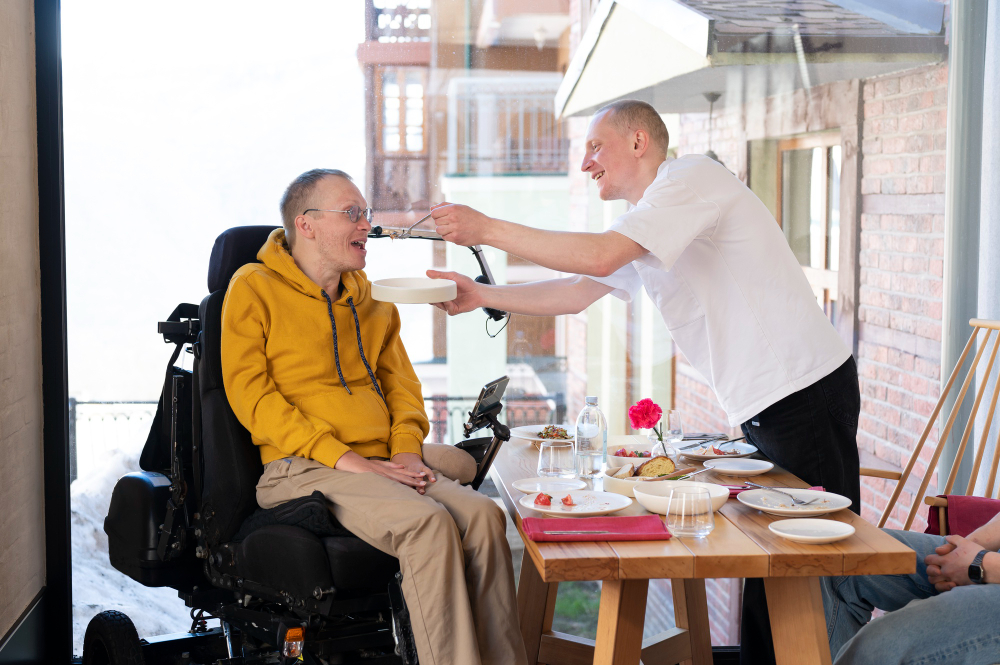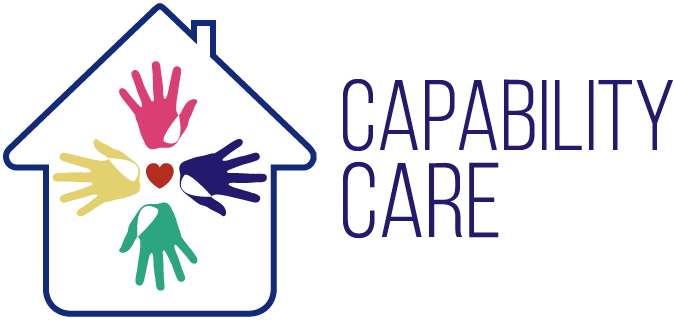In the realm of care and support, terms like capability and disability are often discussed but can sometimes be misunderstood. While both terms relate to an individual’s abilities, they reflect very different perspectives. This blog unpacks these concepts to provide clarity, offering insights for families, caregivers, and professionals working in disability support services in Australia.
What Is Capability?
Capability refers to an individual’s potential, skills, and strengths. It focuses on what people can do rather than what they cannot. This concept aligns with a strengths-based approach, where individuals are encouraged to harness their abilities to achieve personal growth and independence.
For example, someone with a physical limitation might have an exceptional talent for problem-solving or creativity. Capability highlights these attributes, allowing individuals to focus on their strengths and build confidence.
Key elements of capability:
- Emphasis on strengths and potential.
- Focus on growth, learning, and independence.
- Positive and empowering perspective.
In Australia’s disability support sector, this concept is central to frameworks like the National Disability Insurance Scheme (NDIS), which encourages participants to achieve their personal goals based on their capabilities.
What Is Disability?
Disability, on the other hand, refers to a condition or barrier that affects a person’s ability to perform tasks or engage in activities. Disabilities can be physical, intellectual, sensory, or psychological. While the term highlights challenges, it doesn’t define the person.
Australia has been a global leader in redefining disability as not just a personal condition but as the result of social and environmental barriers. This inclusive perspective recognises that disabilities often become disabling due to inaccessible infrastructure or societal attitudes.
Common types of disabilities include:
- Physical disabilities: Conditions like mobility impairments.
- Intellectual disabilities: Cognitive or developmental challenges.
- Sensory disabilities: Vision or hearing impairments.
- Psychosocial disabilities: Mental health conditions that impact daily life.

Key Differences Between Capability and Disability
- Perspective
- Capability: Focuses on strengths and potential.
- Disability: Highlights challenges or limitations.
- Application
- Capability: Encourages independence and empowerment.
- Disability: Addresses barriers and provides necessary support.
- Approach in Support Services
- Capability: Used to design tailored goals and plans for growth.
- Disability: Informs funding, access, and accommodations.
Why Understanding Both Concepts Matters
Balancing these two perspectives is essential in providing effective care and support. Acknowledging disabilities ensures individuals receive the resources and accommodations they need. At the same time, focusing on capabilities fosters a sense of autonomy, dignity, and self-worth.
For instance, a person living with a disability might require mobility aids (addressing disability) but can also achieve employment goals through tailored skill-building programs (enhancing capability).

Supporting Capability Through Disability Services
Australian disability services, such as those offered by Capability Care, prioritise both understanding disabilities and nurturing capabilities. Services like Supported Independent Living (SIL), NDIS psychosocial support, and community participation programs ensure that individuals are supported holistically.
By focusing on capabilities, disability service providers can:
- Empower individuals to take control of their lives.
- Promote inclusion in the community.
- Foster long-term personal growth and development.
Final Thoughts
Understanding the difference between capability and disability is crucial in shaping attitudes, policies, and services. By embracing both perspectives, society can move toward a more inclusive and supportive environment for individuals with disabilities.
At Capability Care, we are committed to empowering individuals by acknowledging their unique challenges while celebrating their strengths. Contact us today to learn how we can support you or your loved ones in achieving your goals and living life to the fullest.

